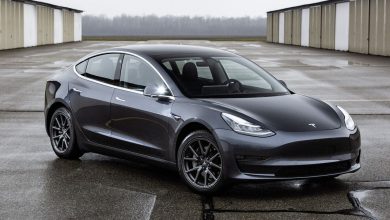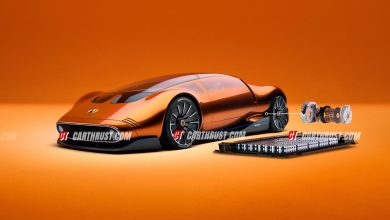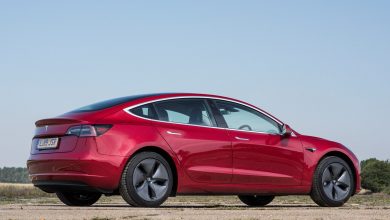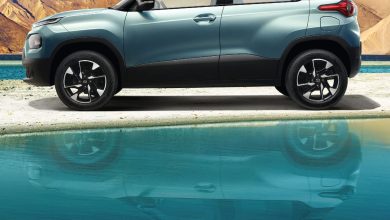Tesla registers high profit amidst chip shortage and factory shutdowns
Tesla's quarterly profit has surpassed $1 billion for the first time!
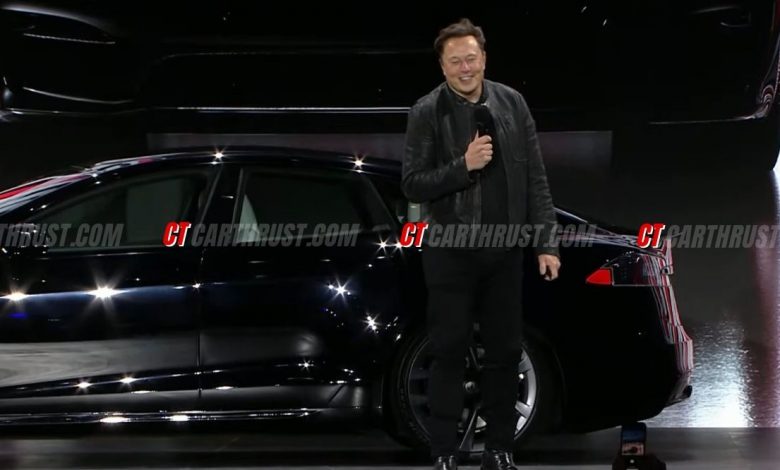
Tesla is back in the news! And this time it is not a delay in deliveries. Amidst all the recent customs duties reduction lobbying in India, the US EV giant registered a big second-quarter profit than expected on Tuesday. Tesla’s quarterly profit has surpassed $1 billion for the first time thanks to the higher sales of its less-expensive electric vehicles, as it raised vehicle prices and cut costs.
However, the LA-based brand’s production has not been at its optimum capacity as it faced temporary factory shutdowns during the period. No thanks to the pandemic-driven semi-conductor chip shortage that has caused major headaches for other automakers too. The EV maker played it quite strategically by cutting costs which helped it offset many of the supply chain and microchip shortfalls facing the auto industry. Tesla boosted its performance by cutting features it said were unused or unneeded and raising U.S. vehicle prices.
CEO Elon Musk said the chip shortage issue will continue to hinder near future operations and thus offered no details on the timing of its Cybertruk and next-generation batteries. In a call with investors and analysts, Tesla executives said that volume production growth will depend on parts availability, and Musk cautioned the shortage of semiconductors will continue. “The global chip shortage situation remains quite serious,” Tesla CEO exclaimed.
But the good news is, for the first time since late 2019, Tesla profits did not rely on sales of environmental credits to other automakers, which is a clear sign of its increasing financial health for the manufacturing operation. The US automaker had already reported production of 206,421 EVs and total deliveries of 201,250 during the second quarter of 2021.
Following the Q2 sales and performance report, the shares of the world’s most valuable automaker rose 1.5% in extended trade. Tesla now boasts a market value of roughly $630 billion, far more than any other automaker and 14 times more than what the company was worth just two years ago.
The carmaker, led by billionaire entrepreneur Elon Musk, said revenue jumped to $11.96 billion from $6.04 billion a year earlier, when its California factory was shut down for more than six weeks due to local lockdown orders to fight the pandemic.
Excluding items, Tesla posted a profit of $1.45 per share, easily topping analyst expectations for a profit of 98 cents per share. Tesla said operating income rose with volume growth and cost reduction, which offset higher supply chain costs, lower regulatory credit revenue and other items including $23 million in losses on investment in cryptocurrency bitcoin.
Tesla’s profitability has often relied on selling regulatory credits to other automakers, but in the second quarter, Tesla was profitable without these credits for the first time since the end of 2019. Its GAAP net income was $1.14 billion in the second quarter. Revenue from the credits only totalled $354 million.
The company also reported $801 million in revenue from its energy business, including solar photovoltaics and energy storage systems for homes, businesses and utilities, an increase of more than 60% from last quarter. Musk mentioned Tesla expects to launch production of the Model Y SUV this year at factories under construction in Texas and Germany. He said the company expects battery cell suppliers to double production next year.
However, the US entrepreneur denied any possibilities of making its own chips by saying, “That would take us, even moving like lightning, 12 to 18 months.” He further added, “Tesla has many calls at midnight, 1 am, just with suppliers about resolving a lot of the shortages.”
Referring to its 4680 battery cells, the Tesla CEO informed, “It is difficult to say when the last of the technical challenges will be solved.” Tesla has also delayed the launch of its semi-truck programme including its much-anticipated Cybertruk to 2022 to focus on starting factories and due to limited availability of battery cells and other parts this year.

